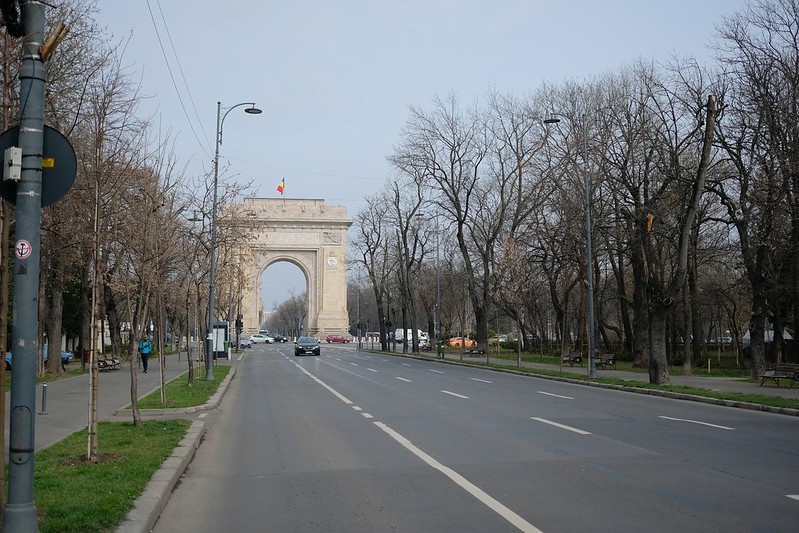User story: first-time sprinter
— Mack Palomäki
As someone who hasn’t coded in the past 20 years, diving into Plone as a beginner felt like stepping into uncharted territory. My goal this year is to deploy several Plone sites, and I saw the Bucharest Plone Sprint as the perfect opportunity to kickstart that journey. I went in with a mix of curiosity and determination: to observe, learn, and, if luck was on my side, get hands-on help with some technical hurdles. Specifically, I wanted to install Plone and Nick with Volto, and figure out how to set up multilingual sites in English and Swedish. I also needed assistance with installing addons to the Slate editor, which had been a sticking point for me. What I experienced at the sprint far exceeded my expectations, and I left with both progress and a renewed sense of purpose.
Why I attended the sprint
Plone’s reputation as a robust and secure content management system drew me in, but as a newcomer, I knew I couldn’t navigate its complexities alone. The sprint promised direct access to experienced developers and a collaborative environment, exactly what I needed. My objectives were clear:
Learn the basics of installing Plone and integrating Nick with Volto.
Understand how to configure Plone for internationalization (i18n) to support multilingual sites in English and Swedish.
Troubleshoot issues I’d encountered while installing addons to the Slate editor.
I wasn’t sure how much I’d achieve as a beginner, but I was eager to soak up as much knowledge as possible.
Assistance and achievements at the sprint
The Plone community at the sprint was incredibly welcoming and supportive. With their guidance, I accomplished more than I’d hoped:
I successfully installed Plone 6 and integrated Nick with Volto.
I set up a multilingual site supporting English and Swedish.
However, the process wasn’t without challenges. While working on the internationalization setup, I discovered that the Swedish translations for Plone’s i18n files were incomplete, and so were those for most other languages. This was an eye-opener. With help from the sprint attendees, I gained a clearer picture of the work involved in translating and documenting these files. Initially, I’d hoped to finish the Swedish translations during the sprint, but I underestimated the sheer amount of effort that has gone into building Plone over the years. It became clear that this was a task I’d need to continue after the event.
Next steps: contributing to Plone’s internationalization
The sprint didn’t just solve my immediate problems, it inspired me to contribute back to the Plone community. I’ve taken on the responsibility of documenting and translating the internationalization files, leveraging AI tools to streamline the process. My plans include:
Documenting the steps to set up a multilingual Plone site, making it easier for other beginners to follow.
Completing the Swedish translations for the i18n files, ensuring they’re accurate and comprehensive.
During the sprint, I was introduced to Mikel Larreategi, a seasoned Plone contributor, via a call. I’ll be coordinating with him to align my efforts with existing work and avoid duplicating what’s already been done. My goal is to wrap up both the documentation and the Swedish translations within the next couple of weeks.
Reflections and looking ahead
The Bucharest Plone Sprint was a transformative experience for me. As a beginner, I walked away with a working Plone 6 site, solutions to my technical challenges, and a deeper appreciation for the collaborative spirit of the Plone community. The assistance I received not only helped me meet my immediate goals but also gave me the confidence to take on a meaningful contribution to the community.
In the coming weeks, I’ll focus on:
Finalizing the Swedish i18n translations.
Sharing clear, beginner-friendly documentation based on my experience.
Staying in touch with the community to ensure my contributions add value.
I’m immensely grateful to everyone who helped me at the sprint. Their support has fueled my enthusiasm to keep learning and contributing to Plone. Here’s to deploying those sites, and making Plone more accessible to Swedish-speaking users!
Read the Bucharest Sprint report.
